News
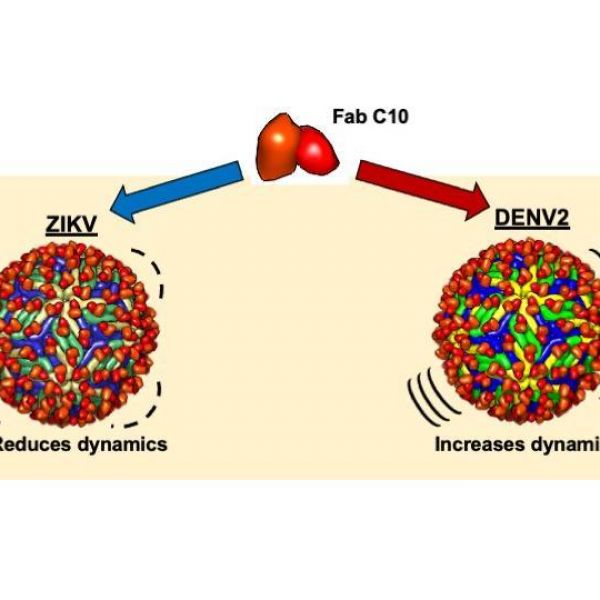
Dec 01, 2021
Distortion: Researchers discover new strategy for antibodies to disable viruses
It is widely understood that antibodies neutralize viruses by latching onto their surfaces and blocking them from infecting host cells. But new research reveals that this barrier method isn’t the only way that antibodies disable viruses. An international team of researchers led by Penn State has discovered that antibodies also distort viruses, thereby preventing them from properly attaching to and entering cells.
Full Article
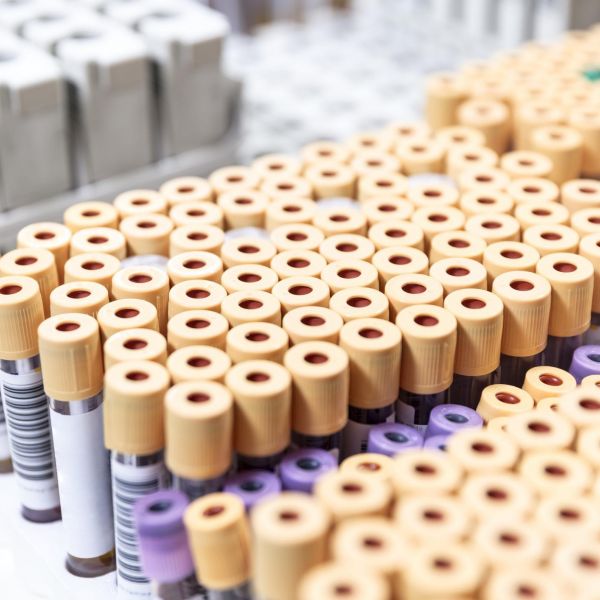
Nov 24, 2021
New technique better assesses exposure of a population to a virus
Accurately assessing the exposure of a population to a particular virus is difficult because the tools for doing so do not account for the fact that many viruses comprise multiple circulating strains, or the fact that people can be vaccinated or naturally immune, among other factors. Using influenza as a model, a team of researchers led by Penn State has developed a new technique that overcomes many of these roadblocks.
Full Article
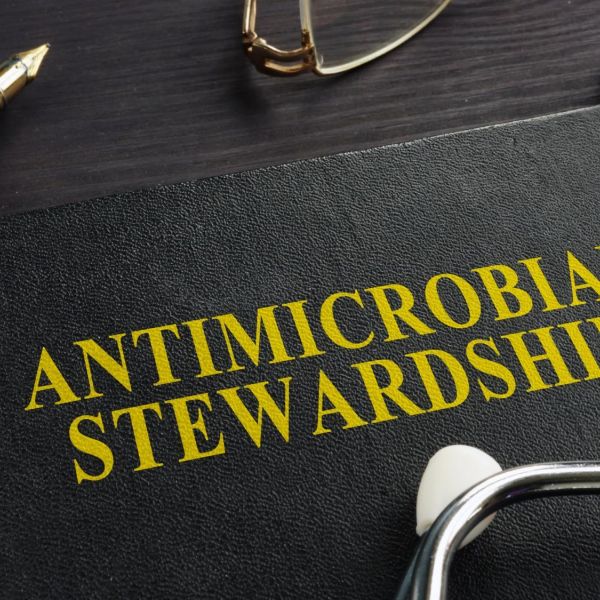
Nov 17, 2021
New tool weighs costs and benefits of managing evolution of pathogens and pests
Spend money now on antibiotic stewardship practices or save the money but run the risk of potentially deadly antibiotic-resistant bacteria emerging later? A new economic tool can help physicians, farmers and other people whose activities may influence the evolution of biological organisms, such as pathogens and insects, decide when they should invest in evolution management strategies.
Full Article
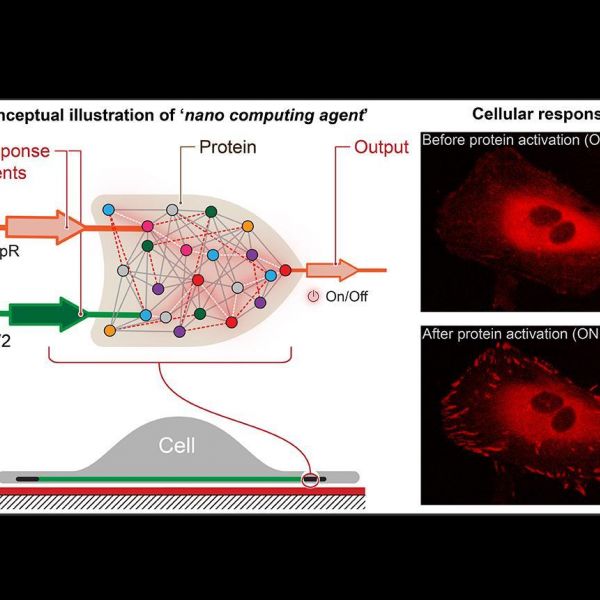
Nov 17, 2021
Nanoscale ‘computer’ controls function of protein, influences cell behavior
The creation of nanoscale computers for use in precision health care has long been a dream of many scientists and health care providers. Now, for the first time, researchers at Penn State have produced a nanocomputing agent that can control the function of a particular protein that is involved in cell movement and cancer metastasis.
Full Article

Nov 03, 2021
Deer may be reservoir for SARS-CoV-2, study finds
The findings of a study by Penn State and Iowa researchers suggest that white-tailed deer may be a reservoir for the SARS-CoV-2 virus to continually circulate, and raises concerns of emergence of new strains that may prove a threat to wildlife and, possibly, to humans.
Full Article
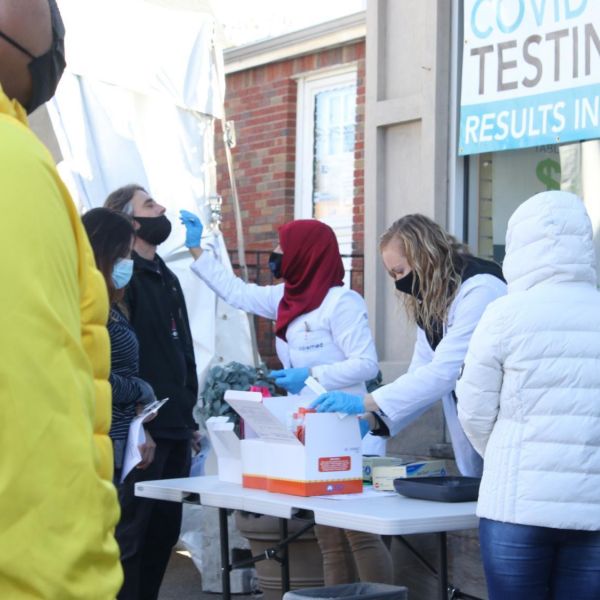
Nov 02, 2021
More strategic COVID-19 testing could prevent distancing and shutdowns
Strategically increasing testing capacity, either by making diagnostic tests faster or more available, can reduce reliance on costly preventative interventions, such as distancing and shutdowns, according to a team of researchers led by Penn State.
Full Article

Oct 25, 2021
Traffic and mobile phone data predict COVID case counts in rural Pennsylvania
How much people moved around town predicted COVID-19 cases in a rural Pennsylvania county in 2020, according to a new study by researchers at Penn State.
Full Article
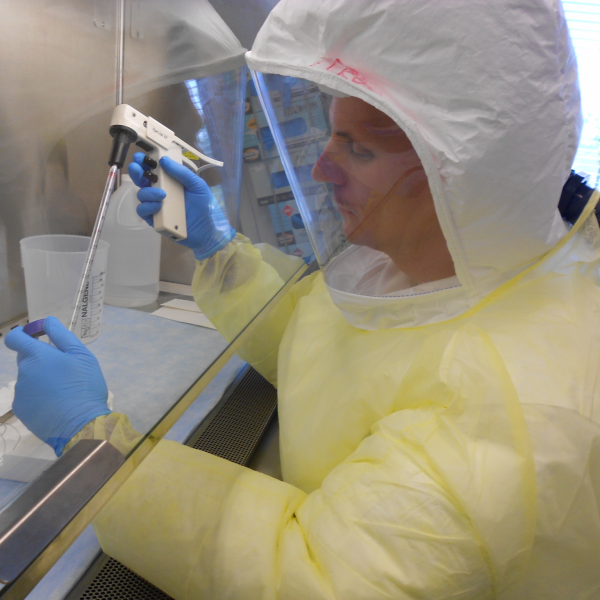
Oct 22, 2021
Preparing for potential pandemics is focus of new federal grant to Penn State
Researchers at Penn State have received a grant from the National Institute of Allergy and Infectious Diseases to study H7N9 with a goal of developing new and fundamental knowledge of virus mutations that could indicate the potential for transmissibility in humans.
Full Article

Oct 15, 2021
Huck Welcomes Sindura Ganapathi as Visiting Fellow in Global Heath
Ganapathi, a Penn State alum who now works for the Indian government, will give a pair of lectures next week while he visits University Park.
Full Article

Oct 14, 2021
Pioneering Penn State virologist Marilyn Roossinck retires
After a fascinating and productive scientific career, Penn State professor Marilyn Roossinck, a trailblazing researcher in virology, has announced her decision to retire.
Full Article